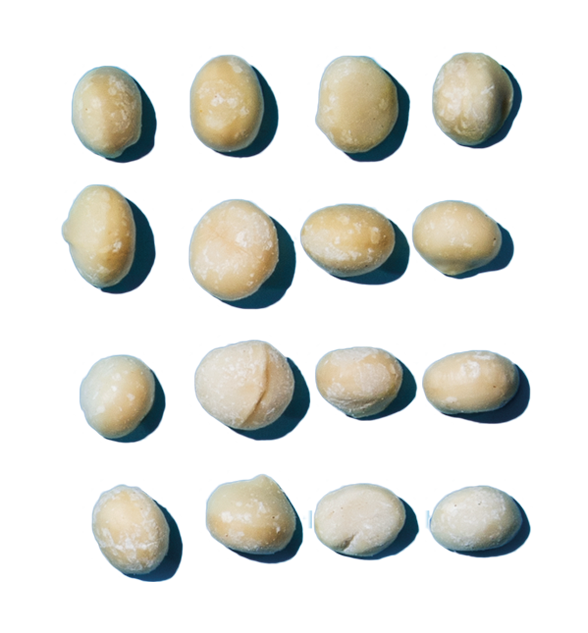WHAT ARE THE INGREDIENTS OF INNOVATION? Scroll Down
Global megatrends like digitisation, social transformation, urbanisation and sustainability present complex challenges to a retail company like METRO. Products, services and entire business models have to be rethought and adapted to customers’ changing requirements and expectations. How do we do it? With a corporate culture that encourages innovation, clear responsibilities, a close-knit network and external partners.

Innovation culture
Freedom to make decisions, courage, a love of experimenting and an open, constructive way of dealing with mistakes all promote a spirit of innovation. METRO believes in this type of innovation culture in all corporate divisions.

Management focus
Good ideas need support to develop their full potential. For the METRO management team, that means making knowledge, funds and resources available – with no guarantee of success and no likelihood of making a quick profit. This requires courage and occasionally asks for staying power.

Networking
If you want to be innovative, you need new perspectives and fresh ideas from outside. METRO is in constant dialogue with its customers, partners and other companies and has even set up its own formats, including meetups and hackathons.

Institutionalisation
Innovations need a home – in every part of the business. That’s why METRO doesn’t have just 1 department or service company dealing with innovation. Responsibility is shared by many teams, including HoReCa Digital, the innovation powerhouse for customers in the hotel, restaurant and catering sector.

Customer centricity
Innovations are only worthwhile if they take customer wishes and needs into account. That’s why developments at METRO incorporate customer knowledge, market research findings and trend analyses.

Support programmes
Supporting other people’s good ideas and harnessing them for our business is a classic win-win situation. METRO Accelerator supports start-ups that are working on digital solutions for the food service and retail industry.

Start-up partnerships
Financial support and established distribution channels help to bring innovations to market quickly. METRO makes a point of investing in young companies and gives them access to successful sales channels.

Academic partners
METRO works with prestigious academic institutions, like Ecole hôtelière de Lausanne, to drive research. In Lausanne, the METRO Chair of Innovation focuses on digitisation in the HoReCa sector.
